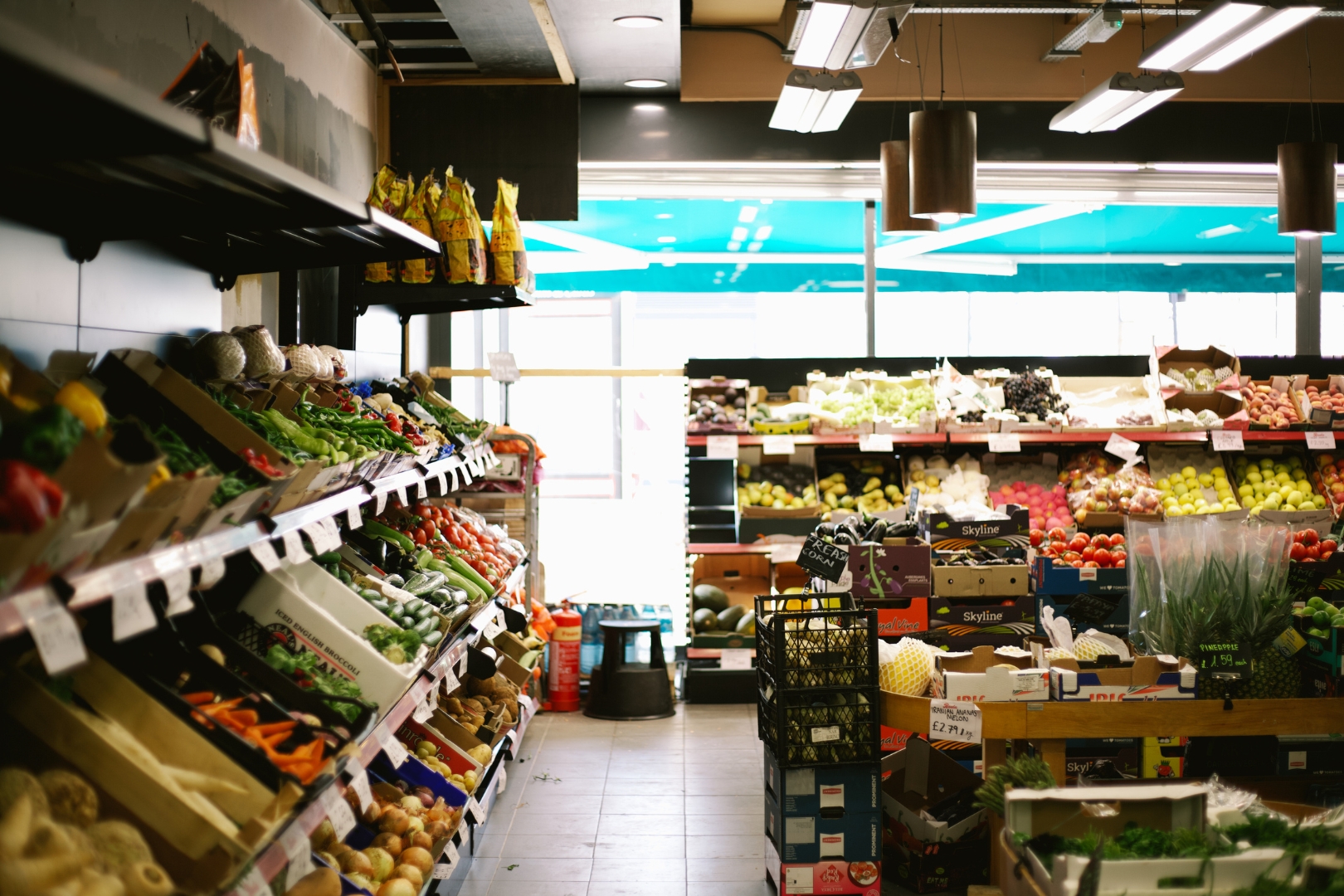In the current landscape of British grocery retail, effective operational cost management is essential. Discover how modern IT technologies, such as ERP systems, inventory management, and energy-efficient solutions, can help store owners boost profitability and operational efficiency.

In today’s competitive retail environment, particularly in the UK grocery sector, effective operational cost management is crucial for every store’s success. Faced with rising living costs, inflation, and pressure from large supermarket chains, store owners must seek innovative solutions to reduce expenses and enhance profitability. Technology, especially modern IT systems, can play a key role in optimising operational costs. In this article, we explore how technology can support cost management in your grocery store.
One of the most effective ways to reduce operational costs is by automating repetitive tasks. Modern IT systems, such as ERP (Enterprise Resource Planning) software, enable the centralisation and automation of numerous business processes, resulting in time and resource savings.
Example:
With an ERP system, you can automate processes related to ordering, inventory management, and invoicing. This not only speeds up these processes but also minimises the risk of human error, leading to lower operational costs.
Effective inventory management is a crucial factor in reducing operational costs. Modern IT systems allow real-time stock monitoring, enabling better purchase planning and avoiding both overstocking and stock shortages.
Example:
Inventory management systems can analyse sales data and forecast demand for specific products. This helps you avoid waste and minimise storage-related costs.
Technology can also assist in better financial management of the store. Financial management software enables real-time tracking of expenses and revenue, allowing for quicker financial decision-making.
Example:
With accurate financial data, you can identify unnecessary expenses and optimise your budget. Regular financial analyses enable better forecasting of future expenses and revenue.
A strategic approach to supplier negotiations can significantly impact your store’s operational costs. Modern IT systems can assist in analysing offers from various suppliers and monitoring contract terms.
Example:
Using analytical tools allows for price and terms comparison among suppliers and for renegotiating contracts to secure better terms. You can also leverage historical data to assess which suppliers offer the best quality of service relative to cost.
Investing in energy-efficient technologies can significantly reduce energy-related operational costs. Implementing modern lighting systems or low-energy refrigeration equipment is a step toward savings.
Example:
Replacing traditional bulbs with LEDs can save up to 30% on annual electricity costs. Additionally, modern refrigeration units are often more energy-efficient, resulting in lower bills.
A key element of effective operational cost management is the regular monitoring of a store’s financial and operational performance. Modern IT systems offer advanced reporting features that help store owners track key performance indicators (KPIs).
Example:
You can set alerts for budget overruns or sales drops in specific product categories. This enables you to respond quickly to changing market conditions and make informed decisions.
In the face of rising operational costs and intense competition in the UK grocery market, effective cost management is becoming a crucial element for the success of any store. Modern IT technologies offer a range of tools and solutions that can help optimise expenses and increase your business’s profitability. By investing in modern IT systems, you will not only improve your store’s operational efficiency but also establish a solid foundation for further growth and innovation.
Complete the contact form or sign up for a free consultation to discuss implementing a modern IT system in your store!